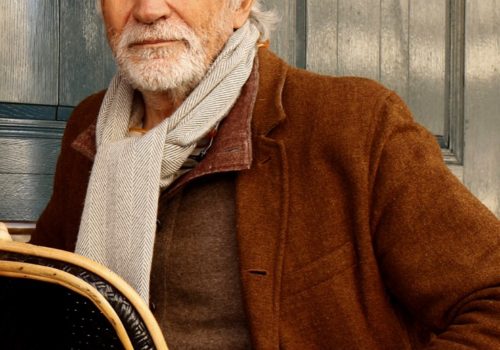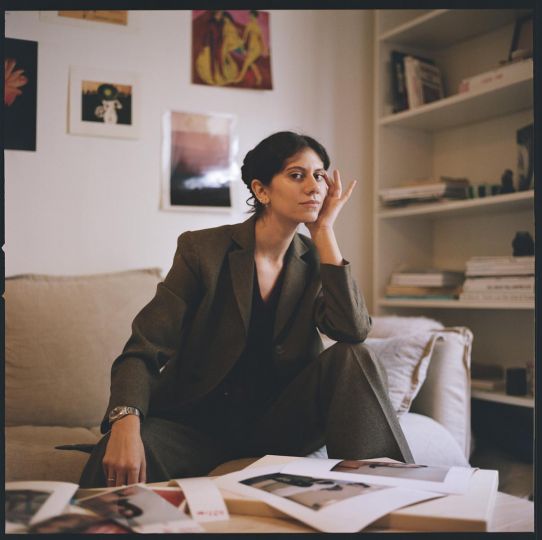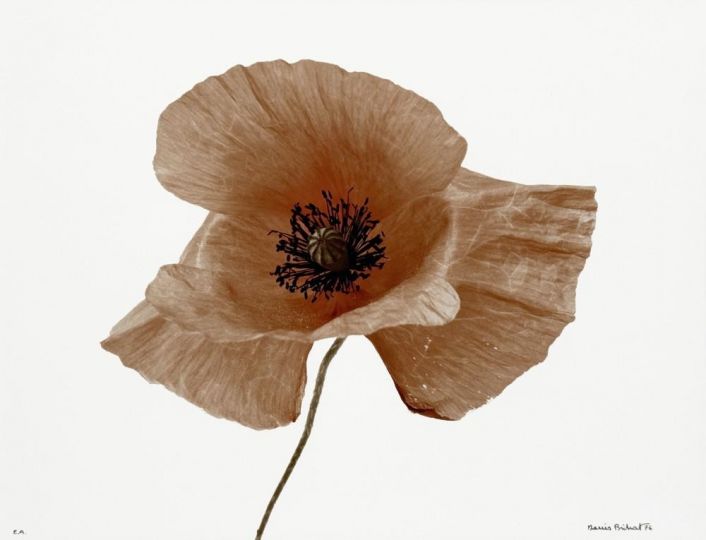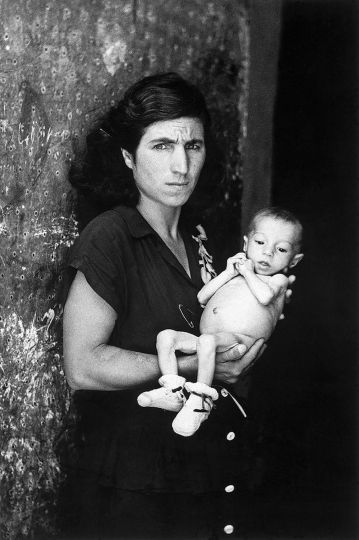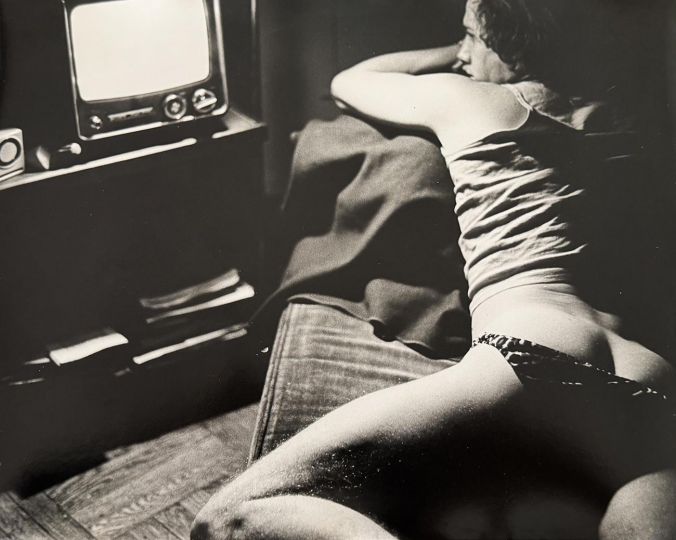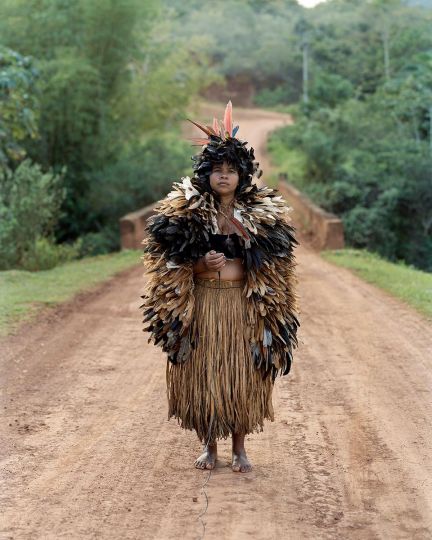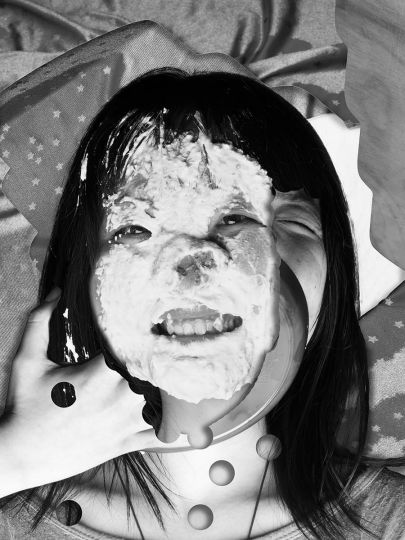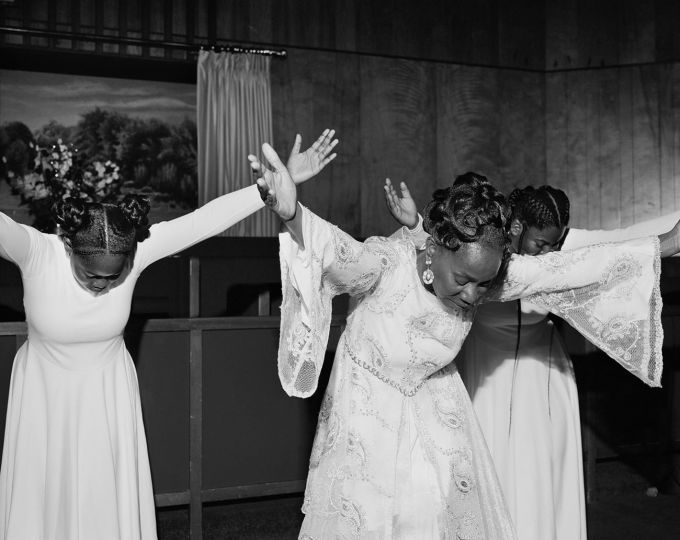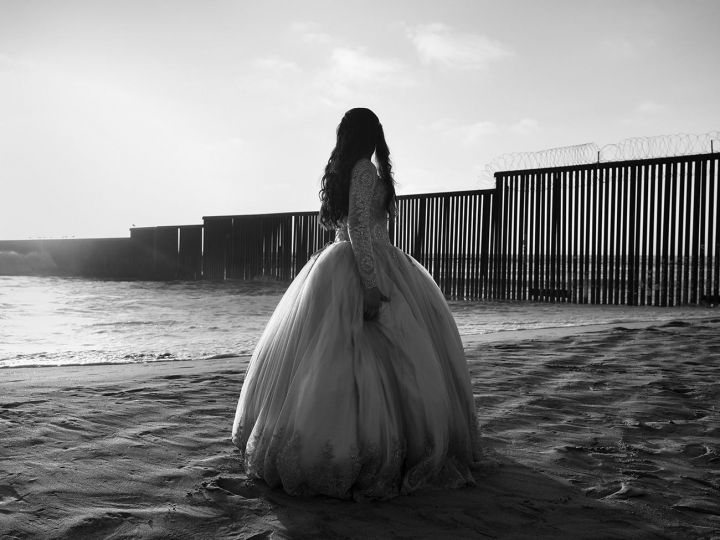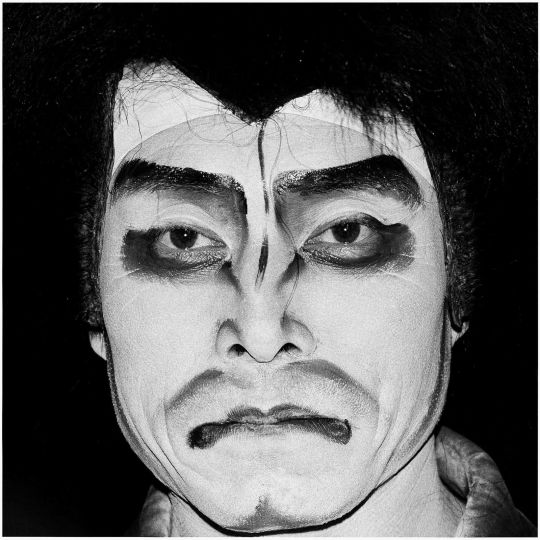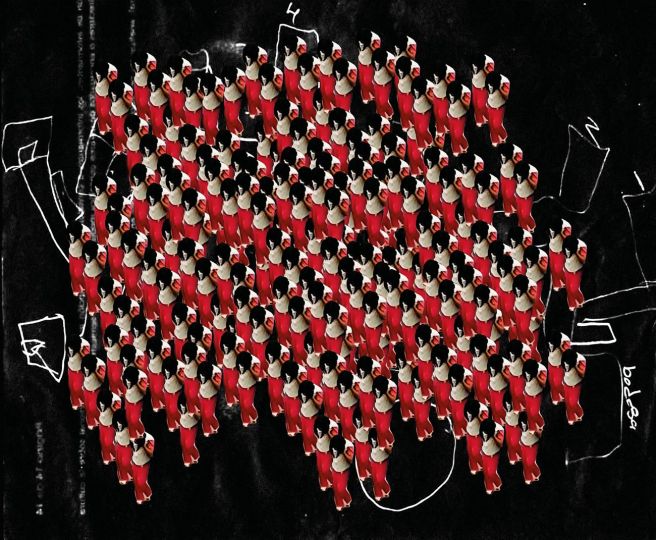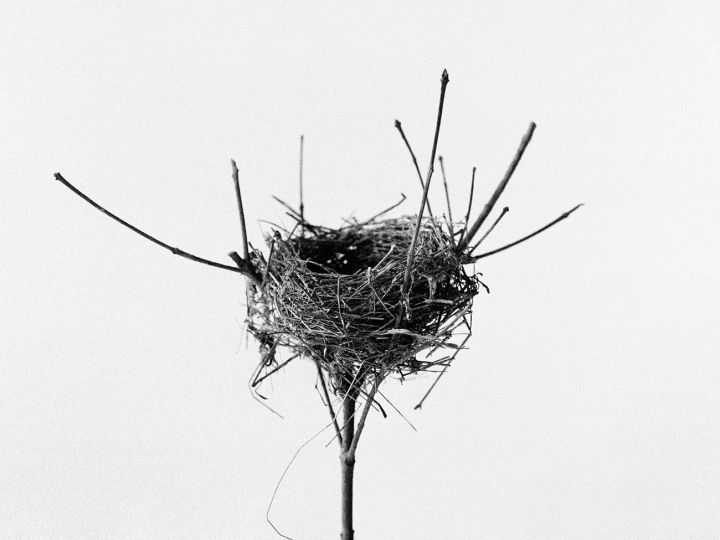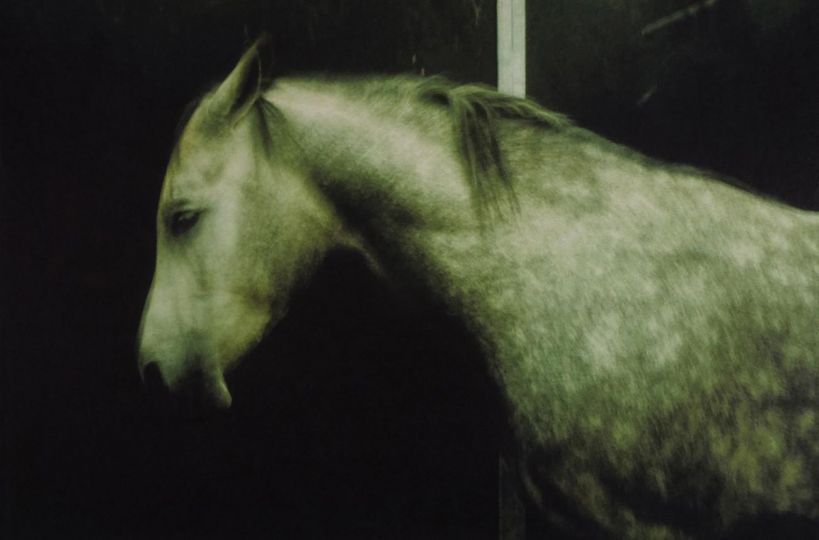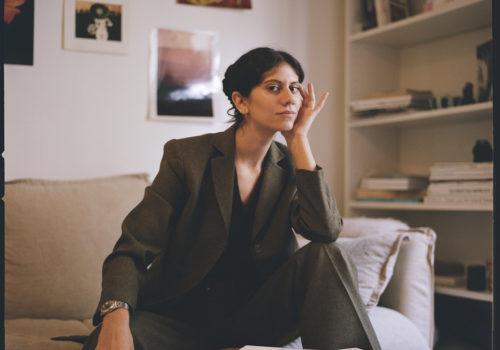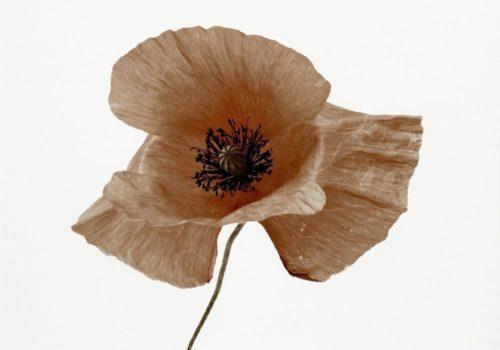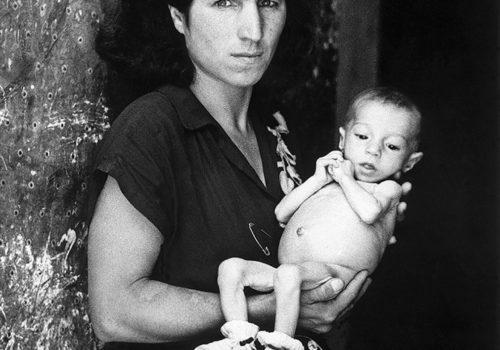In 2012, Christian Caujolle conducts this interview with Jean-Paul Capitani.
The Méjan Association and Actes Sud have a unique position vis-à-vis the programme of the Rencontres:
Yes, of course. It’s something that dates back a few years. I’m from Arles and extremely attached to my town and to what happens here. The Méjan and Actes Sud are now more active than ever throughout the year, what with the cinema, the bookshop, exhibitions and concerts. We have been producing the Rencontres catalogues for a very long time and this, above all, is a means for us to pledge our support for and loyalty to what is an important event and we provide the knowhow we have at our disposal. I don’t think of it in terms of business. Moreover, the Méjan Association serves as a patron, even if only at a modest level. It contributes some money and offers free access to the exhibitions it puts on to those with Rencontres acreditations. We have gradually developed the spaces, programming them in accord with the Rencontres programme. This partnership is important within the context of Arles and bears witness to our desire to participate in a global project.

